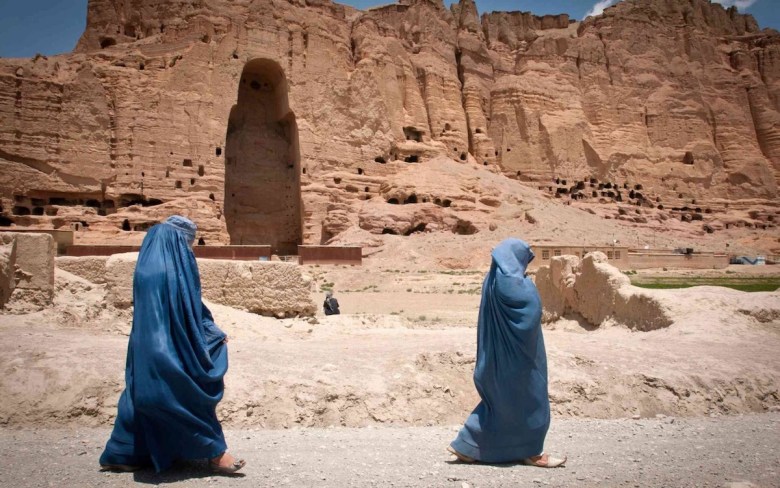Entertainment
Lyse Doucet Discusses Afghanistan’s History in New Book

In her latest book, The Finest Hotel in Kabul: A People’s History of Afghanistan, journalist and author Lyse Doucet presents a unique perspective on Afghanistan’s tumultuous history. The book, which has been longlisted for the prestigious Baillie Gifford Prize for non-fiction, encapsulates the experiences of Afghan men and women, providing a human face to the events that have shaped the nation.
Doucet, the BBC Chief International Correspondent, spoke with journalist Jack Dickens about her journey to Afghanistan and the motivations behind her storytelling approach. Her interest in the country began in December 1988, amidst the Cold War, when she first ventured into the region. Doucet described her arrival in Kabul on Christmas Day, just after her 30th birthday, during one of the coldest winters in a decade.
She recalled the challenges of securing a visa to enter what was then Soviet-backed Afghanistan. “I was very lucky because, due to the politics and propaganda of the Cold War, the BBC wasn’t getting many visas to go to Afghanistan,” Doucet explained. She chose to stay at the Inter-Continental Hotel, which, despite the tumultuous circumstances, became her home for nearly a year.
Doucet’s book intertwines the personal stories of Afghan hotel staff with significant geopolitical events. This approach is rooted in her belief that narrative history can help readers understand complex societies. She noted, “I sought to draw people into the history in a similar way,” emphasizing the importance of personal experiences in conveying broader historical narratives.
The author expressed a desire to combat what she termed “news avoidance,” where audiences disengage from grim news stories. By sharing the lives and resilience of Afghans, Doucet aims to inspire readers to confront the realities of the world rather than shy away from them. She cited her admiration for the narrative style of Truman Capote and the New Journalism movement as influences on her writing.
Doucet understands the weight of her storytelling, describing it as a gamble that will ultimately be judged by readers. “It’s about Afghanistan, but it’s also about very universal human experiences,” she remarked. She seeks to illustrate how individuals persist in their daily lives amidst chaos, showcasing their courage and resilience.
Through her gripping narrative, Doucet hopes to connect readers with the human side of Afghanistan’s history, revealing the enduring spirit of its people. As the conversation with Dickens concluded, she reaffirmed her commitment to sharing these vital stories that reflect both personal and collective experiences in a land shaped by conflict.
The full conversation with Jack Dickens is available through Engelsberg Ideas, offering further insights into Doucet’s motivations and her reflections on the Afghan experience.
-

 World5 months ago
World5 months agoSouth Korea’s Foreign Minister Cho Hyun to Visit China This Week
-

 Business5 months ago
Business5 months agoStarling Bank Plans Secondary Share Sale, Targeting $5.4 Billion Valuation
-

 Top Stories5 months ago
Top Stories5 months agoMunsang College Celebrates 100 Years with Grand Ceremony
-

 World5 months ago
World5 months agoPAS Aims to Expand Parliamentary Influence in Upcoming Election
-

 Business7 months ago
Business7 months agoKenvue Dismisses CEO Thibaut Mongon as Strategic Review Advances
-

 Lifestyle6 months ago
Lifestyle6 months agoHumanism Camp Engages 250 Youths in Summer Fest 2025
-

 Sports6 months ago
Sports6 months agoDe Minaur Triumphs at Washington Open After Thrilling Comeback
-

 Sports7 months ago
Sports7 months agoTupou and Daugunu Join First Nations Squad for Lions Clash
-

 Top Stories7 months ago
Top Stories7 months agoColombian Senator Miguel Uribe Shows Signs of Recovery After Attack
-

 World7 months ago
World7 months agoASEAN Gears Up for Historic Joint Meeting of Foreign and Economic Ministers
-

 Health6 months ago
Health6 months agoNew Study Challenges Assumptions About Aging and Inflammation
-

 Business7 months ago
Business7 months agoOil Prices Surge Following New EU Sanctions on Russia









